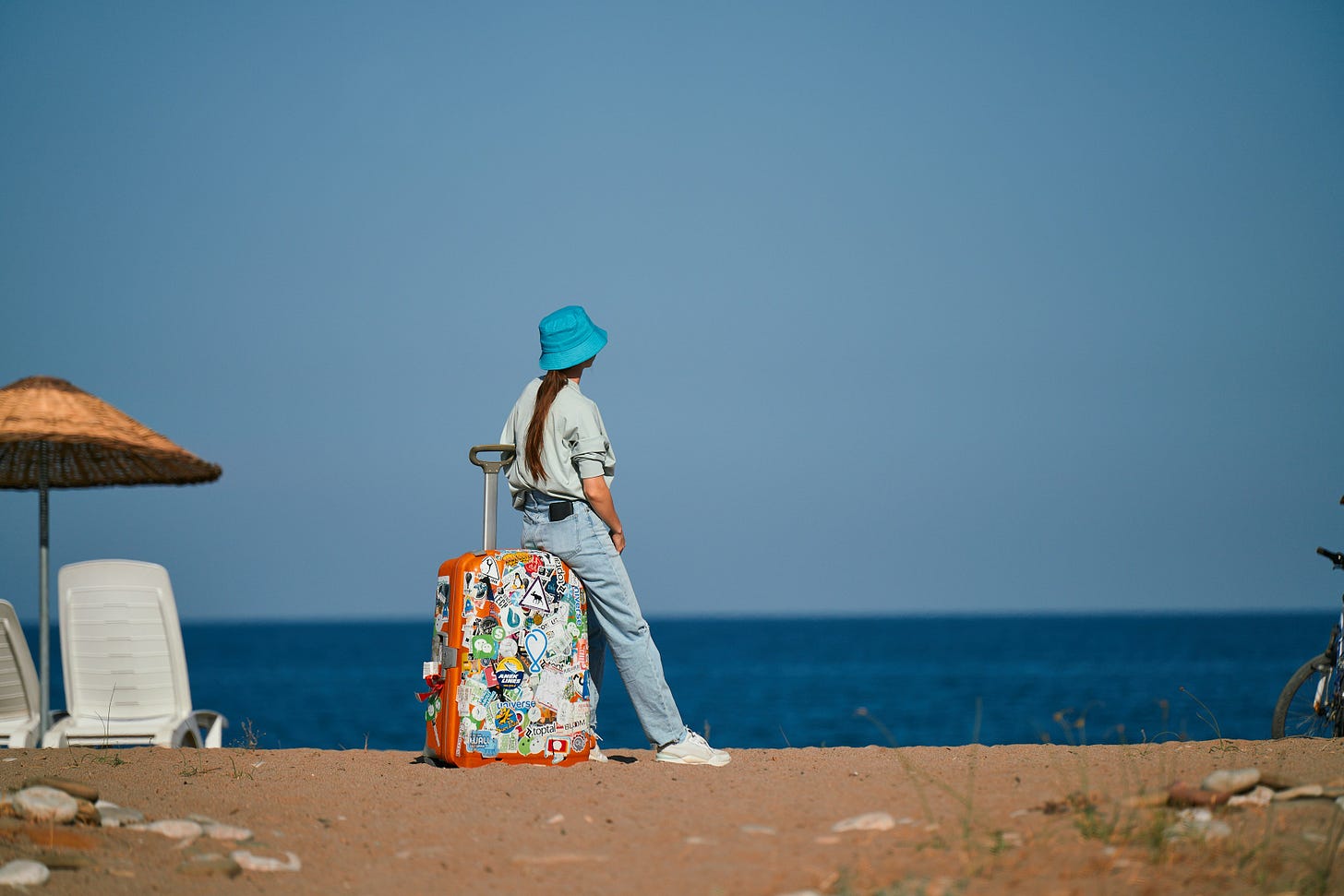We became digital nomads
Inspired by Metro UK, Sept 17, 2025
The British daily Metro recently ran a feature called “We became digital nomads,” following the adventures of three women who traded in routine for roaming. The stories are fun, colourful, and occasionally chaotic. But they also reveal the gap that still exists in how mainstream media frames nomad life. Do we really still need to explain that digital no…




